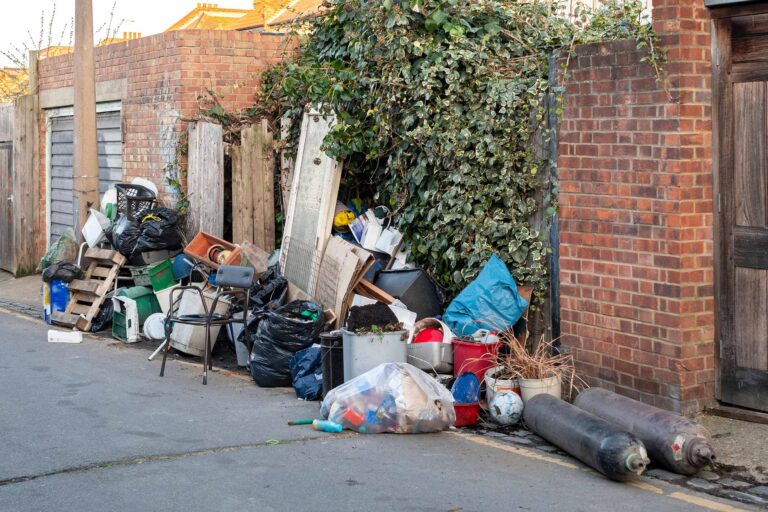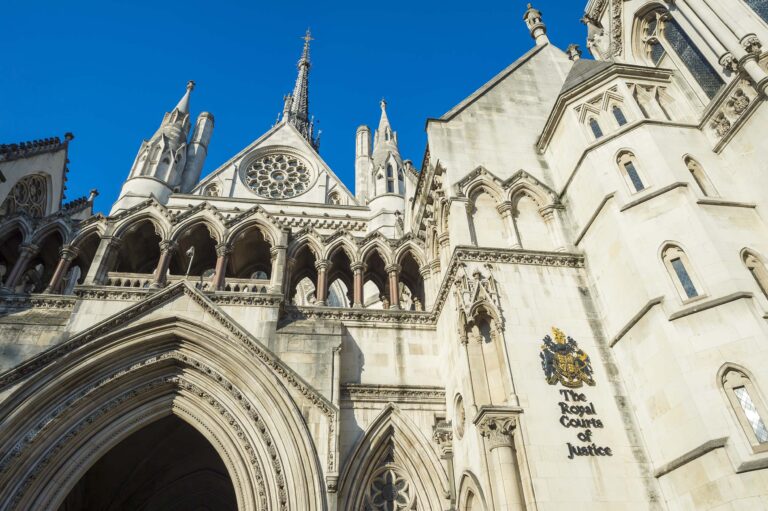Claims relating to Light Pollution and Loss of Light
Light pollution is another bane of life – from people who value dark skies to artificial light disturbing sleep patterns and causing stress and anxiety. Artificial light may also have detrimental impacts on flora and fauna. Legal remedies in this context include civil nuisance and statutory nuisance and the planning system. (As below, light pollution needs to be distinguished from the opposite concern – loss of light.)
Nuisance
As in other contexts, for a nuisance claim to succeed one must show unreasonable interference with the use and enjoyment of property. The Court can consider the locality, the utility of the lighting and the intensity/brightness of the lighting. Examples that have succeeded in the courts include reflection of sunlight from glass, security lighting, and sports ground lighting. Light pollution claims may be made in civil or statutory nuisance, depending on circumstances.
Planning
Light pollution can often be resisted at the planning stage, either because it can be shown to be likely to affect local amenity or rural tranquillity, or will not comply with national or local policies on light pollution. One of our judicial review cases concerning an urban sports centre resulted in more acceptable operation of floodlights.
Loss of light
Claims relating to loss of light may arise where construction of a neighbouring development interferes with one’s enjoyment of light. These issues can arise in a planning context, where such considerations can be the basis for planning objections, or sometimes lead to judicial review.
Separate from the planning process (and even where planning permission is granted over objections about loss of light), a “right to light” claim may arise where there is interference with another building’s long-standing enjoyment of light or such rights have been explicitly granted when a property was conveyed. There are rules and standards about how a right to light can be established and the extent of the interference necessary to found a claim.
Meet the team
Please get in touch to speak to a member of the team for initial advice regarding a light nuisance, planning matter, or right to light claim.
Get in touch
Example Cases
Bird sanctuary housing development refused
Adams Road, Cambridge housing development
Housing adjacent to wildlife site unanimously refused by committee, against officer’s recommendation.
Loss of light challenge, Bow, London
R (Rainbird) v London Borough of Tower Hamlets
Flawed assessment and advice on daylight and sunlight effects: planning permission quashed.
Challenge to unrestricted floodlight use
R (Thomas) v Merthyr Tydfil CBC
Removal of condition unlawful as Council failed to consider impact on wider amenity
I have always found the approach taken has been professional, but also very friendly and easy going.




